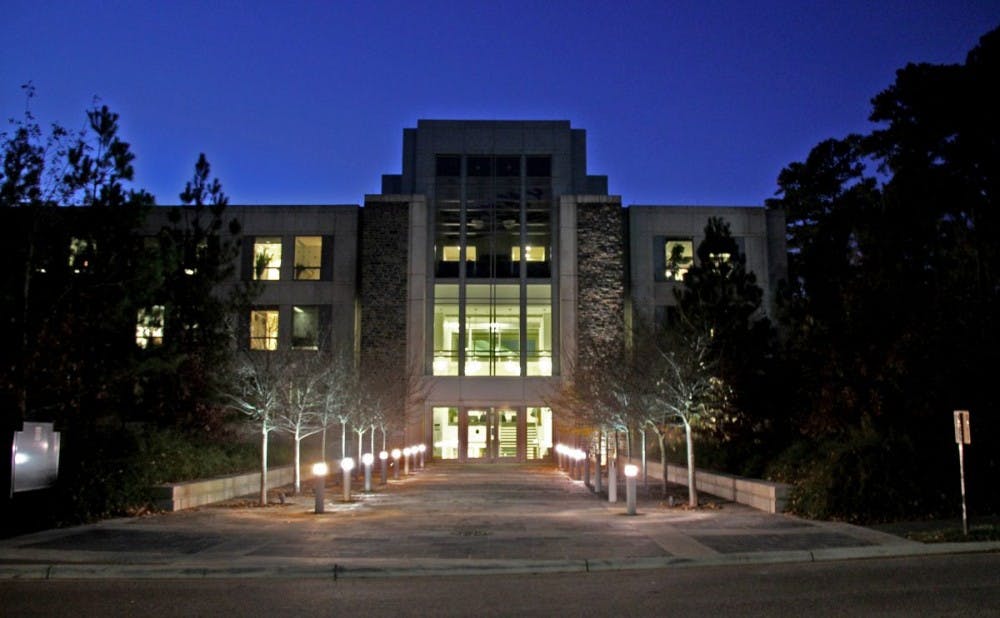The issue of veteran employment is often overlooked in scientific communities, but the Veterans Transitions Research Initiative hopes to change that.
The new research project, which will house its operations in Duke’s Fuqua School of Business, aims to provide new scientific data to aid in the transition from deployment back into the workforce.
“We can create new standards for how we go about this work, and then hopefully make the outcomes better for the veterans and their families,” said Sean Kelley, an executive in residence at Fuqua with experience in the field of employment recruiting.
Kelley first found interest in supporting the veteran community during his time working at Microsoft. This background allowed Kelley to build a strong foundation for the initiative, including partnerships with corporations such as LinkedIn, Amazon, Walmart, CVS and the Call of Duty Endowment.
“We want to build interest and an engaged ecosystem not only with companies, but with academic leaders from universities across the nation,” Kelley said.
The goal of the project is unique in its field, as it aims to use research in social sciences to figure out why veterans struggle to keep their jobs.
“We're approaching this more like behavioral scientists would approach an experimental study of sexism or racism,” said Aaron Kay, the J. Rex Fuqua professor of international management and VTRI’s leading research contributor.
Kay’s interest in veteran studies began with the realization that veterans are respected by the general American population, yet face difficulties in the workplace that often go ignored. His research seeks to analyze the assumptions employers make about veterans.
Kelley and Kay first thought about working on a project like VTRI in 2012 after meeting at a conference. Since then, the two have worked to flesh out the motives of their advocacy for veterans and to garner support from high-profile corporations.
“I have a long track record of trying to drive change engagement of veterans at the highest level of opportunity outside of the service,” Kelley said. “For me, I’m able to look into the tech space with my background and address the huge amounts of veteran unemployment and the huge need for tech workers.”
Kelley realizes that many veterans do not see field combat and much of the U.S. military is based on intelligence. VTRI hopes to facilitate connections between technology-focused military work and post-service job opportunities.
While the eventual application of VTRI's findings will be influential in spurring veteran support, the organization first hopes to answer some questions through its research.
“We are trying to understand stereotypes and prejudice, from the institution or from the other people's perspective,” Kay said. “What do people think about veterans, and how is that impacting the kind of jobs they think they're suited for?”
Kay is currently working to involve students and researchers within Fuqua to expand the reach of the project.
Eventually, VTRI's findings will be tested in real-world settings to develop strategies that limit bias in hiring veterans after deployment.
“Whether employers are treating a group a certain way without realizing it or whether their hirers or managers are evaluating certain people a certain way, we ultimately hope organizations can take our findings and put them into place,” Kay said.
Get The Chronicle straight to your inbox
Sign up for our weekly newsletter. Cancel at any time.
James Cruikshank is a Trinity first-year and a staff reporter for the news department.

